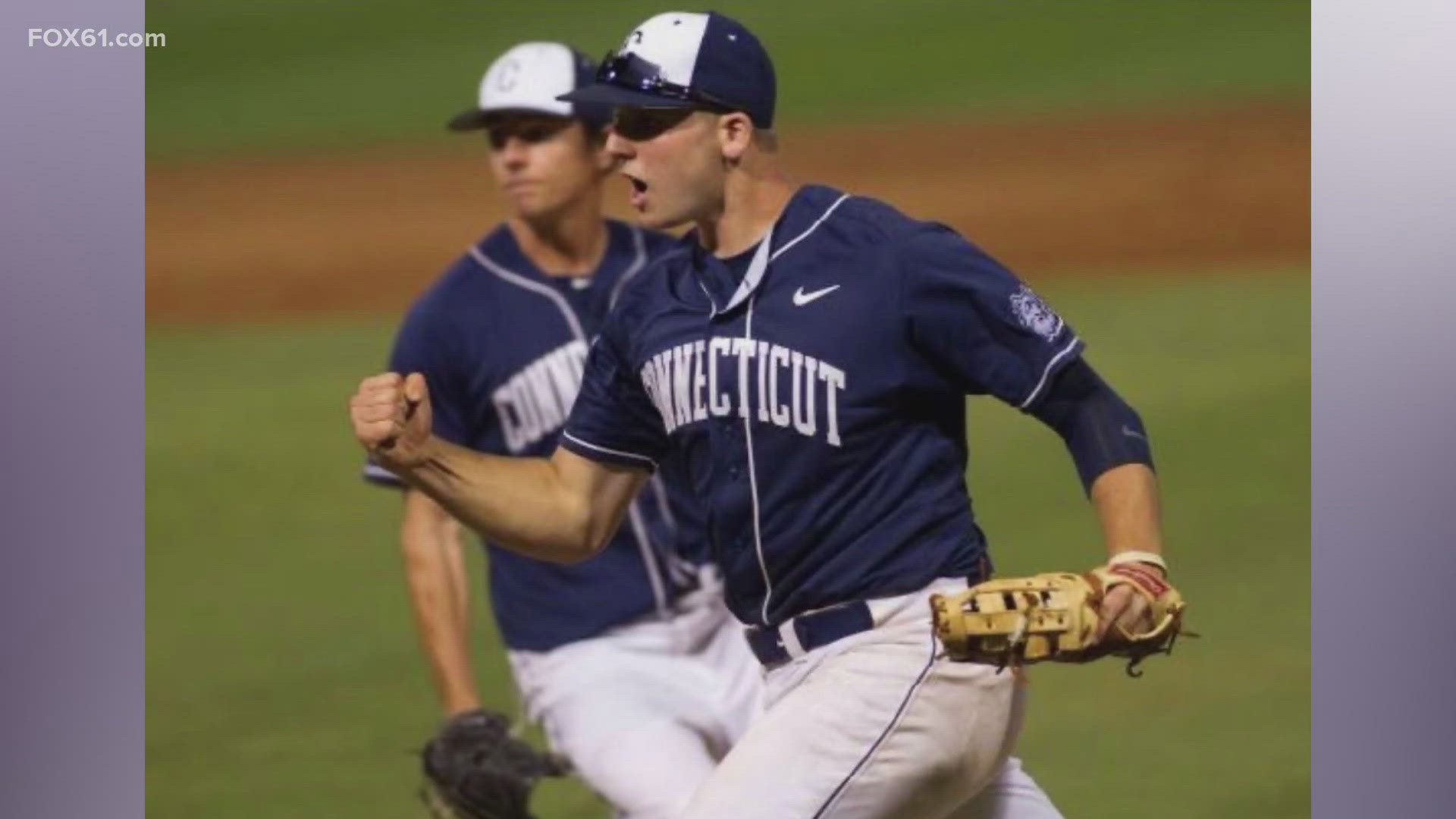NEW YORK — From the outside looking in, everything was falling into place for former UConn baseball star and SOAR Health App founder Bobby Melley.
With a powerful swing that could clear fences and a smooth glove at first base, Melley started 240 games for the Huskies from 2013-2016. The Barnstable, Mass. native earned accolades such as New England Player of the Year, First Team All-New England, First Team All-Conference, and made an NCAA Tournament All-Regional Team as a freshman.
Melley was even drafted by the Tampa Bay Rays in the 2016 Major League Baseball Draft and played multiple professional seasons, fulfilling a childhood dream.

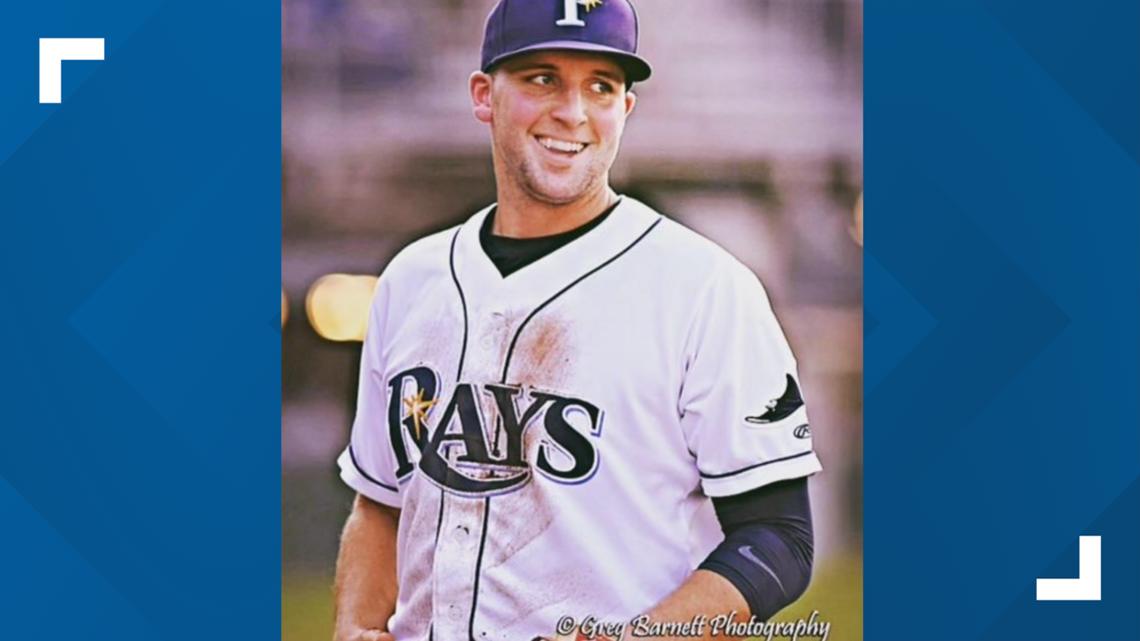
Despite his success on and off the field, Melley still encountered challenges of his own. He battled anxiety and depression as a student-athlete and minor leaguer, as the daily grind of playing baseball full-time wore on him.
The experience would eventually lead him to establish the SOAR Health App, which he offers to coaches and schools to then provide to their student-athletes.
“As a competitor and as an athlete, you want to stay strong and you don’t want to show any weakness to your teammates, your coaches, or let anyone know you might be struggling with something. Ultimately, that led me to kind of bite my tongue and keep everything internal. Over time, and throughout my professional career, I kind of let everything build up inside me,” Melley said, noting that he even sought hospitalization.
Melley described a snowball effect that can come on extremely fast and catch people off guard. He spoke of friends he knew from athletics who dealt with similar depression and took their own lives, saying that student-athletes committing suicide is becoming a nationwide crisis.
“It led me to think when I was an athlete, what would have helped me and what could have helped these individuals avoid the experience that I had,” Melley said. “I created SOAR with that mindset of talking to athletes and psychologists about what good support options are, and I ultimately came up with SOAR, which is an anonymous peer support community.”
SOAR stands for “Student-athlete Online Anonymous Resource” and can bring together student-athletes from coast to coast by offering a sense of community that is readily available. Anonymity is a key component of SOAR, as the app allows student-athletes to share their stories without having to worry about revealing their identities.

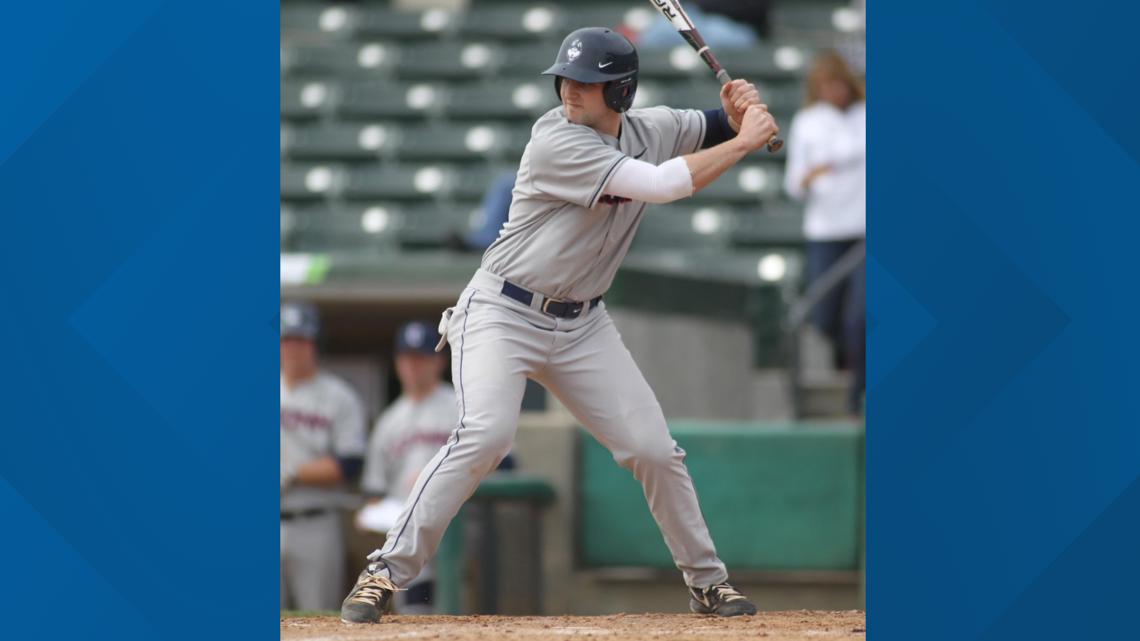
“The first step to getting better is to feel comfortable speaking up and getting over that hurdle and breaking the stigma of saying, ‘Hey, this is what I’m dealing with. I need someone to share it with,’” Melley said.
On the app, student-athletes can write, talk, and anonymously post their personal stories and mental health challenges to share with other student-athletes. They can also scroll through a main timeline feed to read stories as posts by other anonymous student-athletes, promoting a feeling of self-worthiness knowing they are not alone in their struggles.
Additionally, users can comment on anonymous posts from other student-athletes to relate with them and show support for their challenges and issues, and a direct message function is available for student-athletes that want to anonymously lend each other advice.
The app also goes beyond peer support by providing instant access to a wealth of resources that are available at a student-athlete’s school or nearby.
The idea that the app connects student-athletes is significant as well, as it brings together people who can relate to each other as they share their journeys and unique challenges.
Melley said data and research show that, in the student-athlete community, there are many people who feel alone and feel uncomfortable speaking up. Whether it’s a competitive mindset that prevents student-athletes from sharing or an unwillingness to show vulnerability, Melley stressed that no one should struggle in silence, and he hopes the SOAR Health App can make a difference.
As the app is only several months old, Melley is seeking donors and looking to make connections with schools and sports organizations, who then can provide the app to student-athletes. Thus far, he’s had some success.
This summer, all 13 teams in the New England Collegiate Baseball League will make the app available to their collegiate players. The league stretches from southern Connecticut to Martha’s Vineyard to southern Maine, New Hampshire, and Vermont and includes several hundred college athletes playing baseball for the summer.

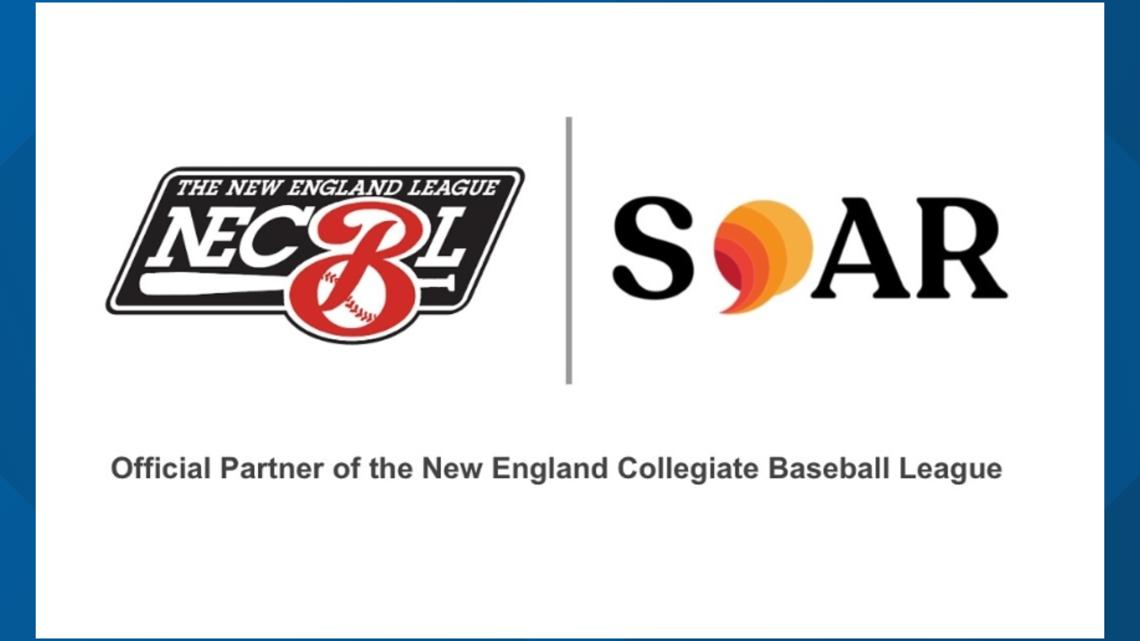
Melley said he has also connected with several teams in the prestigious Cape Cod Baseball League, the most distinguished summer league for college baseball players. Each year, the future stars of tomorrow spend their summers in Cape Cod.
Right now, Melley is working on securing more partnerships and bringing the app to colleges and universities – and maybe even high schools – to help students dealing with stresses of recruitment and AAU ball.
“We work through athletic departments so that we have a communication system in place in case there are any issues with an athlete for further support. We can contact and be in touch with the athletic department and their health counsel immediately if anything does arise,” Melley said. “We are selling those partnerships through the schools and meeting with many different schools each day, trying to spread our message... We’ll be more utilized compared to the resource services that are currently available.”
As the spotlight on mental health grows, Melley wants to be a leader in encouraging young people to speak up and seek help. He acknowledged that, sometimes, it’s still not effortless for him to do it.
Melley said if the app existed during his college playing days, it would have been easier to voice his thoughts, and grinding through daily tasks from training to academics would have been a bit more enjoyable.
“Personally, for us, we were on the road a lot travelling, so you know there was a lot jammed into a little amount of time; lifting to tutoring to games,” Melley said. “Being able to get some issues off my chest and being able to share and be supported by other people would have definitely helped a lot and (made me) feel more relieved and at ease with myself and comfortable on the field and off of it.”

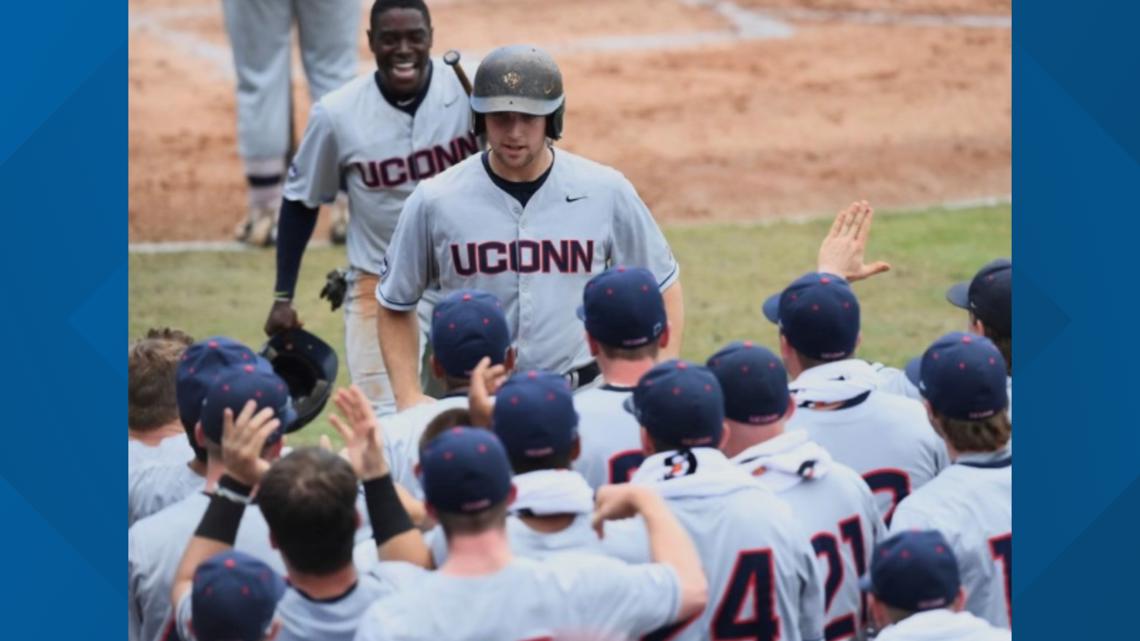
For Melley, it’s been rewarding to showcase the SOAR Health App. Even if it only has a positive impact on one or several people, he believes the effort will have been worth it.
Melley voiced great appreciation for the college summer league coaches who are giving the app a try as well as the schools who are considering it for their students. He hopes this is just the beginning.
“Sitting back and letting things eat you up inside, it does a lot more harm than good. You never know who that person is struggling in silence, so for (the coaches and schools) to embrace it and make it available to support their players and their athletes is a great first step. Hopefully, this journey can keep going, and we can spread it to more places and more schools to help more people,” Melley said.
----
Dalton Zbierski is a digital content producer and writer at FOX61 News. He can be reached at dzbierski@FOX61.com.
----
Do you have a story idea or something on your mind you want to share? We want to hear from you! Email us at newstips@fox61.com.
----
HERE ARE MORE WAYS TO GET FOX61 NEWS
Download the FOX61 News APP
iTunes: Click here to download
Google Play: Click here to download
Stream Live on ROKU: Add the channel from the ROKU store or by searching FOX61.
Steam Live on FIRE TV: Search ‘FOX61’ and click ‘Get’ to download.

